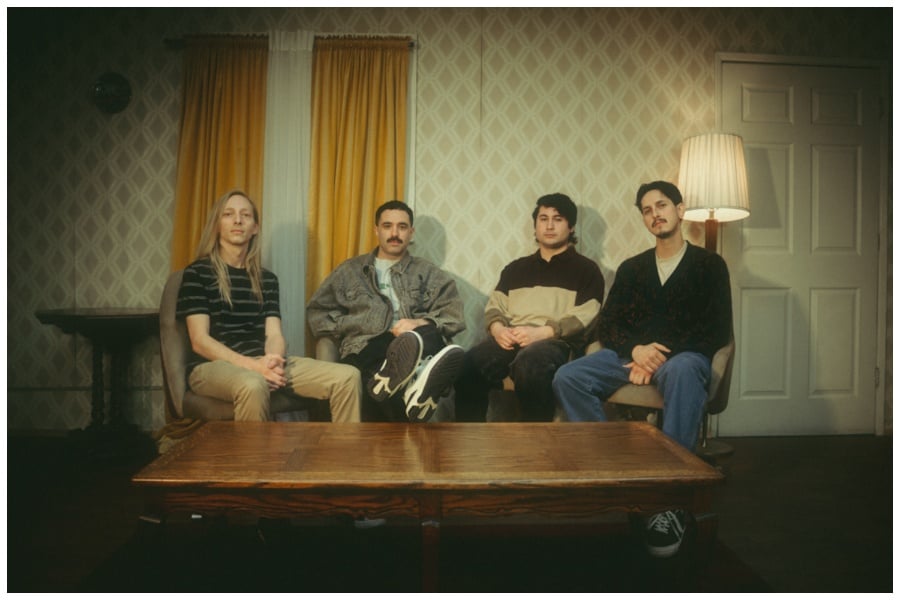A California lawmaker investigating record company accounting heard one sad song after another on Tuesday as high-profile musicians from the Backstreet Boys to Bing Crosby’s widow accused labels of robbing them of past royalty payments.
At a state hearing in Los Angeles, the musicians said they had sold millions of songs or albums only to receive sparse royalties or to be told they actually owed their respective record labels money to recoup advances.
State Sen. Kevin Murray, who called the hearing along with fellow Democrat Sen. Martha Escutia, called it a fact-finding event but chided record companies for not making fuller disclosure in their accounting with artists.
“Surely greater transparency in recording contracts is needed,” he said during a break.
Many of the stars at the hearing were members of a group called the Recording Artists Coalition led by Eagles frontman Don Henley which argues that artists are regularly cheated out of millions of dollars owed them because industry accounting is based on arcane methods and deliberately vague language.
The coalition is seeking legislation that would impose penalties on record companies for accounting errors while also pushing for a reform of California labor law.
Kathryn Crosby, the widow of legendary crooner Bing Crosby, claimed she and her family were cheated out of more than $16 million in royalties.
“Bing’s movies still create business all over the world. It would be very nice for Bing’s heirs to receive the proper amount,” said Crosby.
A representative of the Chambers Brothers, which scored a pop hit in 1968 with “Time Has Come Today,” said the group had received just a few dollars even though the breakout hit had been featured in over 40 films and television shows.
For their part, executives from the recording industry, battling a protracted sales slump and climbing digital piracy, said the percentage of royalty disputes was actually low.
PIRACY
“The relationship between record companies and recording artists has always been subject to the dramatic – and sometimes melodramatic – highs and lows that characterize all creative partnerships,” said Paul Robinson, senior vice president of Warner Music Group.
“This royalty dispute is regrettably distracting all of us from the very pressing need to band together on… business fronts to combat the rampant online piracy, which is taking a huge toll on the record business,” he said.
Charles Ciongoli, senior vice president finance for Vivendi Universal’s Universal Music Group, the world’s largest record company, said “the facts tell a far different story than some of our detractors would like to admit, and are not nearly as headline grabbing as the acrimonious accusations of a few who irresponsibly label us criminals and thieves.”
Murray said he would discuss the hearing with Escutia, who could not attend, and that the two would discuss whether or not to pursue legislation.
“I think the complaints of the artists are legitimate but at the same time we want a healthy record industry,” he said.
Backstreet Boys member Kevin Richardson told the hearing that although the group had sold 70 million records since 1994, the group’s record company “has said we’re still unrecouped. Nothing has changed in the music industry.”
Meanwhile, some of the biggest champions of the artist cause have quietly settled their differences with the labels.
Courtney Love, an early and vocal supporter of the coalition is currently engaged in settlement discussions involving a lawsuit with Universal Music Group, according to people familiar with the discussions.
Country music trio Dixie Chicks also settled with their label, Sony Music Entertainment a unit of Sony Corp., after previously accusing Sony of “systematic thievery.”
Stars and their representatives said the settlements were symptoms of the underlying problem.
“Artists usually settle because they have run out of time and money… That’s why the legislature should get involved, because on their own, the vast majority of artists cannot do it in court,” said Simon Renshaw, who manages the Dixie Chicks.





























